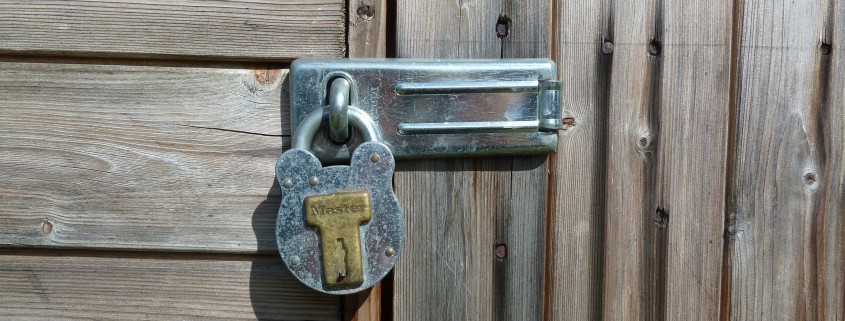Keys Cut Dublin – What keys you can and can’t replicate
Keys Cut Dublin – What keys you can and can’t replicate
Ace Locksmiths are specialists in key cutting services. If you are looking to get your keys cut, drop in or give us a call today!
We provide a full range of locksmith services, from lock-in and lock-outs to key duplication. This article will explain what types of keys you cannot duplicate.
The following is a list of keys that cannot be duplicated:
- Transponder Key
- Laser Cut Car Key
- VAT Key
- Abloy keys
- Chip Keys
- Tubular Keys
- Internal Cut Keys
- Four-Sided Key
Electronic components or movable mechanisms
Keys which have electronic components or movable mechanisms present upon the key blank offers the best security and are difficult or impossible to duplicate. These cannot readily be duplicated.
Some manufactures have gone ahead and put small computer chips, magnets, different combinations of metal, or some have even disallowed duplication all together.
“Do not duplicate (DND) keys”
These keys are stamped with a “do not duplicate” imprint on the key surface. Lock and key manufacturers sometimes use this simple technique to avoid illegal duplication. This involves creating “Do Not Duplicate” (DND) keys. A professional locksmith will always get in contact with the manufacturer who originally made the key to assess if they should duplicate or not. However, while this mechanism is supposed to discourage key duplication, the unauthorized copying of DND keys is still a security problem.
.
Security Restrictions On Some Keys
Some manufactures impose restrictions upon their supply to reduce unauthorised key duplication. As many keys are easily duplicated, key manufacturers have implemented certain key duplication restrictions into their products. They can do this by restricting the amount of blank keys issued. Through this, manufacturer’s create a controlled amount of blank keys available for sales and distribution. Patents key designs then restrict other manufacturers from producing unlawful key blanks.
Here at Ace locksmiths when getting your keys cut dublin, you will be required to provide an ID if the key is a restricted key blank. This ensures the highest level of security is maintained.
Keys Cut Dublin | Ace Locksmiths | Keys Cut Dublin







